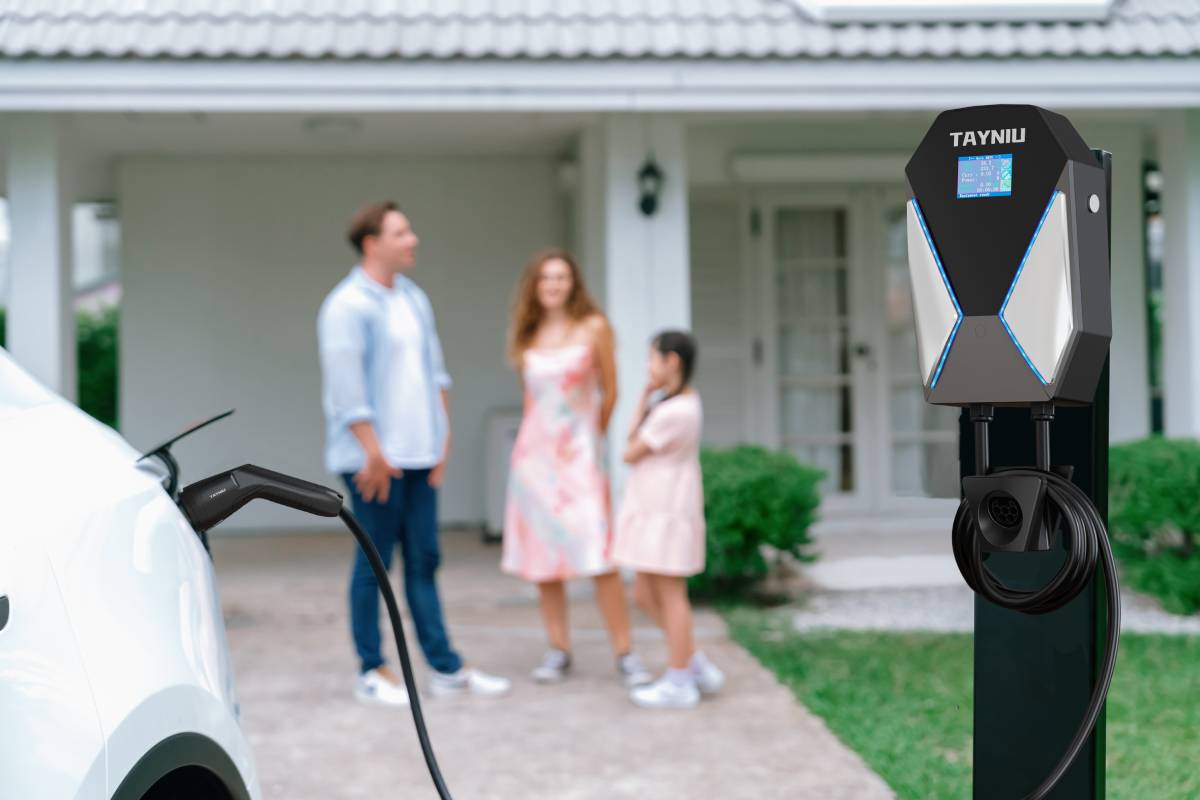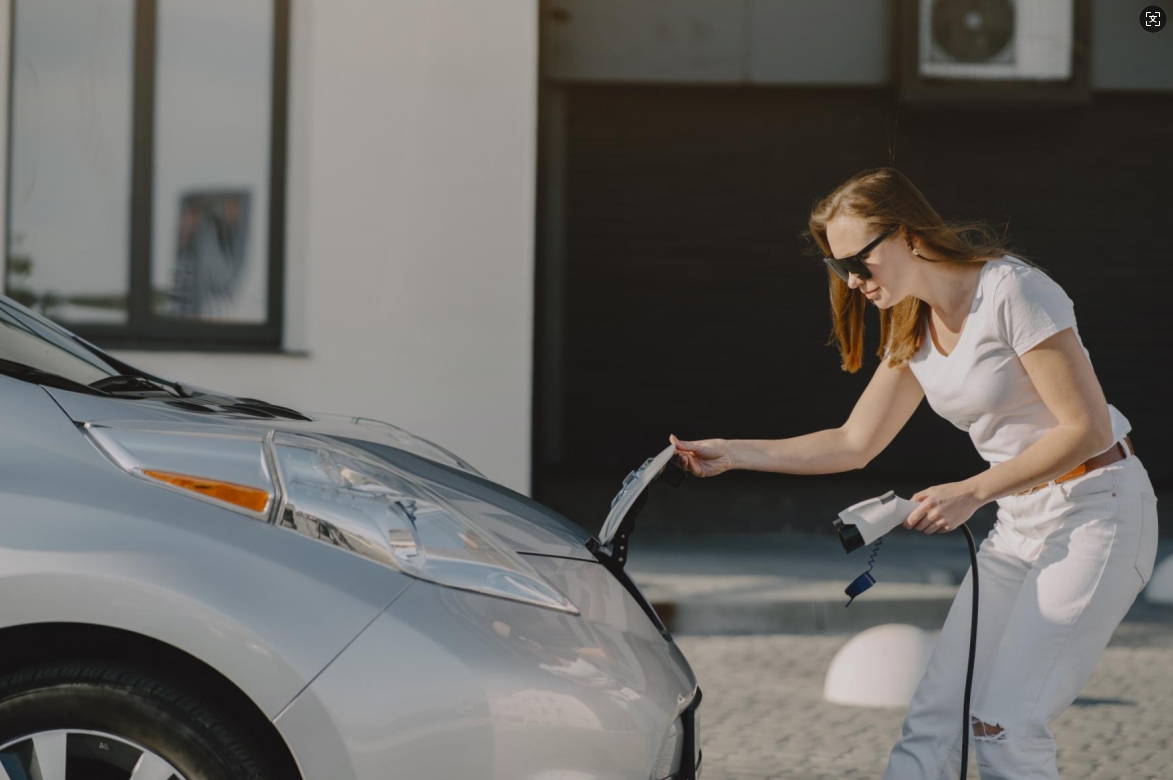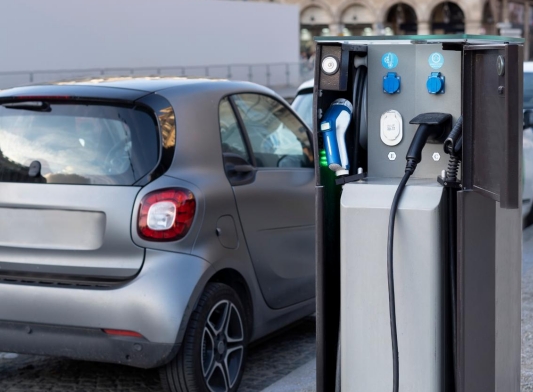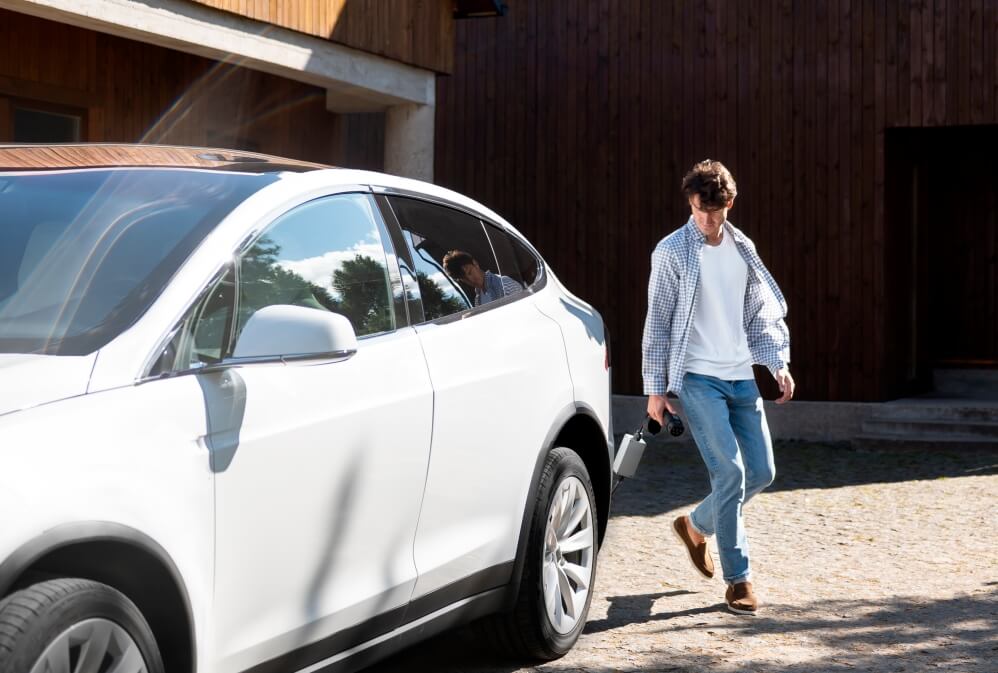Home Charging Solutions for Your Nissan EV: Comparing Costs, Installers, and Getting the Best Setup
Congratulations on joining the electric revolution with your new Nissan! Now that you've made the smart choice, it's time to talk about the most important part of EV ownership: setting up your home charging solution. While public charging has its place, there's nothing quite like the convenience of waking up every morning to a fully charged vehicle without ever leaving your garage. Getting your home charging right isn't just about convenience - it's about maximizing your investment and enjoying your Nissan EV to its fullest potential.
Why a Dedicated Home Charger Beats the Factory Cable
While your Nissan likely came with a portable charging cable (often called an EVSE or a "granny charger"), it has significant limitations. These cables are designed for convenience and emergencies but typically offer slow charging speeds. For example, depending on your model and outlet, using the included cable could take 18 hours or more to fully charge your vehicle.

A dedicated Nissan EV charger (a wallbox) is the superior solution for daily use. It's permanently mounted to your wall, offers faster charging speeds, and often includes smart features. Installing a 32-amp wallbox can slash your Nissan Leaf's charging time from over 18 hours down to a much more practical 3-5 hours, ensuring you start every day with a full "tank."
Understanding Your Nissan EV Charger Options
You have two main paths for home charging:
1. Using the Nissan Portable Charger: This is the cable that came with your car. It can plug into a standard household outlet (120V) or a heavier-duty 240V outlet (like a NEMA 14-50). While upgrading the outlet allows for faster Level 2 charging with this cable, it still may not deliver the maximum speed your car can handle.
2. Installing a Dedicated Wallbox Charger: This is the recommended setup for most owners. These units are hardwired or plugged into a dedicated 240V circuit and offer the fastest, safest, and most feature-rich charging experience. Popular options include:
* Smart Chargers: Models like the myenergi Zappi can prioritize using excess solar energy from your home's solar panels to charge your car, maximizing savings and sustainability.
* Standard Wallboxes: Reliable units from brands like ChargeAmps offer robust charging without solar integration.
When choosing, check your Nissan's charging port type. Older Leafs often have a J1772 (Type 1) port, while newer models like the Ariya and some Leafs feature a Type 2 (Mennekes) port. This will determine the cable you need.
Breaking Down the Costs of Nissan Leaf Charger Installation
The total cost involves both equipment and professional installation.
* Equipment Cost: A new aftermarket Level 2 wallbox charger typically ranges from $400 to $1,200+, depending on brand and features like smart connectivity or solar diversion. You can sometimes find genuine Nissan portable chargers for sale separately, with used OEM options priced around $350.
* Installation Cost: This is highly variable and depends on your home's existing electrical capacity and the installation complexity. Key cost factors include:
* Electrical Panel Upgrade: If your main panel doesn't have sufficient capacity, an upgrade may be needed, which can significantly increase the cost.
* Permits: Your installer will typically handle pulling any required local electrical permits.
* Cable Run: The distance between your electrical panel and the charging location impacts material and labor costs.
Always get multiple quotes from qualified installers for the most accurate estimate for your specific home.
Choosing the Right Professional Installer
Selecting a qualified electrician is the most critical step for a safe and compliant installation.
Look for an installer who:
* Is licensed and insured for electrical work.
* Has specific experience with EV charger installations.
* Offers a warranty on their workmanship (e.g., some national providers offer a 5-year installation warranty).
* Can provide a detailed, written quote that breaks down all costs.
Many homeowners find success using national EV charging installation services that can arrange certified electricians locally, ensuring expertise no matter where you live.
Preparing for a Smooth Installation
Once you've chosen an installer, preparation ensures the process goes smoothly. Here’s what to expect and how to get ready:
* Site Visit: The electrician will assess your electrical panel, recommend the best circuit size (e.g., 30-50 amps), and help you choose the optimal charger location—considering reach, daily routine, and weather protection.
* Provide Information: Have details about your Nissan model and its maximum AC charge rate ready (e.g., 27.5 amps for a Leaf).
* Understand the Process: Installation involves mounting the charger, running conduit and wiring from the panel, making connections, and testing the system for safety and functionality.
Maximizing Your Home Charging Setup
With your Nissan EV charger installed, you can do more than just plug in. Take advantage of smart features:
* Schedule Charging: Program your charger to operate during off-peak hours when electricity rates are lowest, saving you money on every charge.
* Solar Integration: If you have solar panels, a compatible smart charger can prioritize using your own solar energy to power your car, reducing your carbon footprint and energy bills even further.
* Monitor Usage: Use an app to track your energy consumption and charging history.
A well-planned home charging setup transforms your EV ownership experience, offering unparalleled convenience and efficiency. By investing in the right equipment and professional installation, you’ll ensure your Nissan is always ready to go.
Last Updated on September 17, 2025 by tayniu



